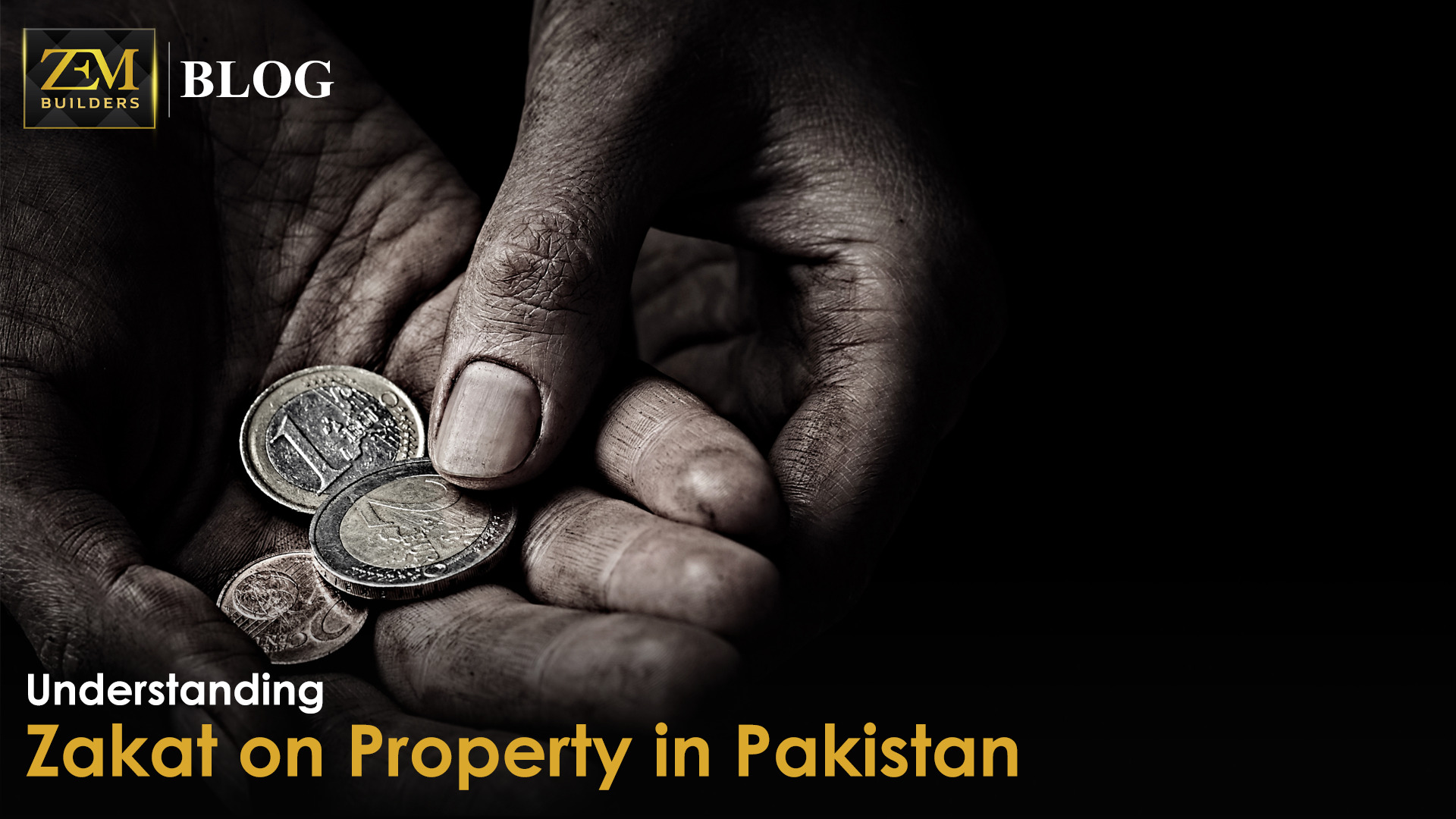Zakat on Property in Pakistan 2023: A Comprehensive Guide

Zakat on Property in Pakistan is a fundamental aspect of Islamic finance and plays a significant role in the lives of Muslims. This comprehensive guide will provide you with a detailed understanding of Zakat on property in Pakistan, including its calculation, exemptions, and the broader significance it holds. Whether you’re a practicing Muslim seeking clarity or simply curious about this religious obligation, let’s delve into the world of Zakat on property.
What is Zakat on Property?
Zakat is one of the Five Pillars of Islam, emphasizing charitable giving to those in need. Zakat on property specifically pertains to the wealth derived from real estate or properties. It’s mandatory for eligible Muslims who possess wealth exceeding the Nisab threshold to pay Zakat on their property holdings. This contribution aims to distribute wealth equitably within the community and uplift those less fortunate.
The Significance of Zakat on Property
Zakat on property serves as a means to achieve social justice, solidarity, and poverty alleviation within the Muslim society. By redistributing wealth, it helps bridge the gap between the privileged and the marginalized, fostering a sense of communal responsibility and empathy. This practice is deeply rooted in Islamic teachings, fostering compassion, gratitude, and a commitment to support those in need.
Calculating Zakat on Property
Calculating Zakat on property involves assessing the total value of properties you own, deducting outstanding debts and liabilities. The remaining value is subject to Zakat, which is 2.5% of the net property value. It’s recommended to perform this calculation annually to ensure compliance with the Islamic obligation. Many online Zakat calculators are available to simplify this process.
 z
z
Exemptions from Zakat on Property
Certain categories of property are exempt from Zakat, including the primary residence you live in, properties held solely for business purposes, and those acquired for long-term investment. However, properties purchased with the intent of resale are not exempt, and Zakat is applicable on their value.
Q: Is Zakat on Property obligatory for all Muslims in Pakistan?
A: Zakat on property is obligatory for Muslims who meet the Nisab threshold – a minimum wealth requirement. Those whose wealth surpasses this threshold must pay Zakat.
Q: Can I pay Zakat on property in installments?
A: Yes, you can choose to pay Zakat on property in installments, as long as the entire due amount is settled within a reasonable timeframe.
Q: Are there any specific deadlines for paying Zakat on property?
A: Zakat on property can be paid at any time of the year, but many Muslims prefer to fulfill this obligation during the holy month of Ramadan.
Q: Can I give Zakat on property directly to individuals in need?
A: Absolutely. While it’s common to give Zakat through established charitable organizations, you can also directly distribute Zakat to individuals in need, ensuring your contribution reaches them directly.
Q: How does Zakat on property contribute to societal welfare?
A: Zakat on property ensures the equitable distribution of wealth, fostering social cohesion and supporting marginalized individuals and communities. It contributes to poverty reduction and uplifts society as a whole.
Q: What if I’m unable to pay Zakat on my property due to financial constraints?
A: If you’re facing genuine financial constraints, you’re temporarily exempt from paying Zakat. Once your financial situation improves, you can fulfill this obligation for the previous time.
Conclusion
Zakat on Property in Pakistan is a testament to the Islamic principles of charity, compassion, and communal responsibility. By contributing a portion of their property wealth, Muslims uphold the values of social justice and aid those in need. This religious practice not only fulfills a spiritual duty but also helps create a more just and compassionate society. Remember, the act of giving is as important as the obligation itself, as it transforms individuals and communities for the better.

